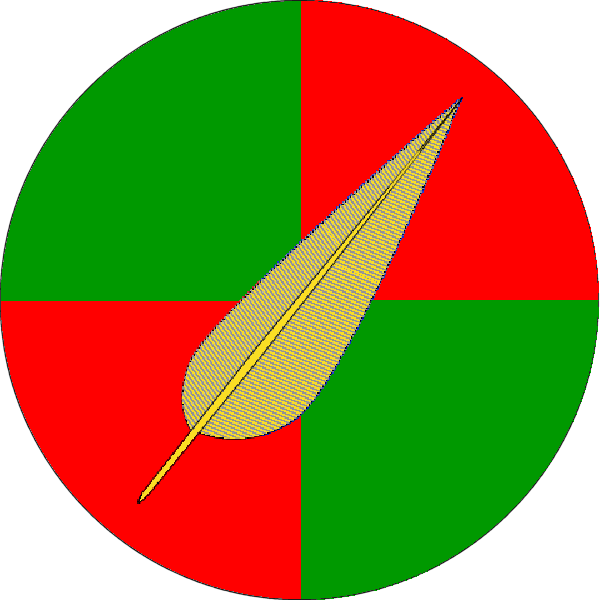Law:The Legal Representation Act: Difference between revisions
Jump to navigation
Jump to search
mNo edit summary |
m (ScribeBot moved page The Legal Representation Act to Law:The Legal Representation Act: Moving laws to the Law namespace.) |
Latest revision as of 19:47, 26 February 2014
42RZ5 — The Legal Representation Act
WHEREAS we currently have the infrastructure for the designation of attorneys and
WHEREAS the functions and responsibilities of attorneys have not been outlined elsewhere and so
THEREFORE, we establish the following guidelines for the practice of law within the realm:
- The practice of law shall be defined as the representation of individuals, corporations and government bodies before the Uppermost Cort, Military or Provincial Court, or any inferior court established by the Ziu; or the professional discussion or advice on matters of a legal nature.
- Practice before the Uppermost Cort or any inferior National Court established by the Ziu shall be limited to members of the Royal Talossan Bar who maintain their membership in good standing.
- Practice before Military Courts shall be restricted to members of the Royal Talossan Bar or to any commissioned officer granted waiver by the Minister of Defence to serve as a legal representative, pursuant to Ministry of Defence guidelines.
- Practice before Provincial Courts shall be governed by Provincial Law.
- No part of this law shall limit an individual's ability to represent themselves before any court of the realm.
- Provincial Premiers shall have the authority to represent their Province, in actions brought before a National Court, as a function of their office. This responsibility may be delegated only to a member of the Royal Talossan Bar. The role of the premier, or any Provincial official, within the provincial court system shall be regulated by applicable provincial law.
- The use of titles such as lawyer, attorney, barrister, solicitor, or councillor/counselor-at-law or any other title reserved by guidelines of the Royal Talossan Bar shall be restricted to those who are licensed to engage in the practice of law within the realm.
- Individuals who are party to an action brought before a Court of the realm and cannot find suitable legal representation due to a shortage of qualified practitioners of law, conflicts of interest or for personal reasons to be outlined in a petition presented before the cort, may apply for a waiver to permit any adult Talossan citizen to represent them before the Cort in a specified legal action serving as a legal proxy.
- Individuals operating under waiver shall not be entitled to present themselves as attorneys, lawyers, barristers, solicitors, or councillor/counselor-at-law, nor shall approval of such waiver imply membership in the Talossan Bar.
- Petitions for waiver shall be made to the Cort in which the action is to be brought. All waivers shall expire upon the final disposition of the case and shall remain in force through any appeal. Waivers granted by a lower court need not be renewed or reissued if the action is brought before the Uppermost Cort in appeal. Waivers may be terminated by the petitioner or the proxy at any time during court proceedings and shall notify the Court of said termination within 48 hours of its effective date. Waivers may be withdrawn through judicial order in the event of misconduct or inadequate representation.
- Corts shall grant petitioned waivers unless the designated proxy has been convicted of a felony, has presented themselves unlawfully to be an attorney, lawyer, barrister, solicitor or councillor/counselor of law, has falsely claimed Bar membership or other official standing within the Talossan Bar or has received monetary compensation or other financial consideration in exchange for his/her representational duties or when a suitable member of the bar is available for representation in the matter, unencumbered by conflicts of interest or personal disputes.
Uréu q'estadra sa:
T.M. Asmourescu (Senator, Benito)
